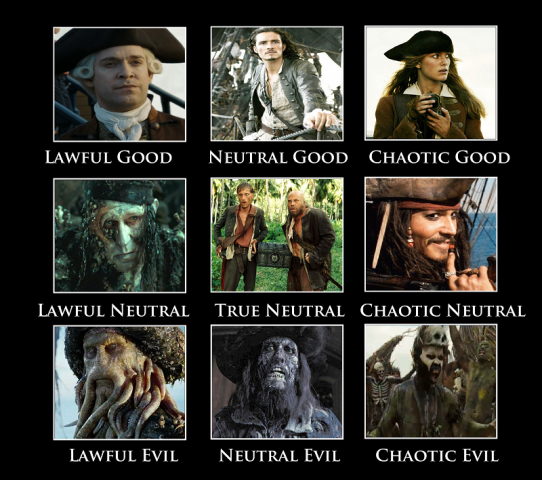
I love podcasts. I have a long commute, which gives me plenty of time to listen. I even hosted a podcast for a while. So it would only make sense that I seek out podcasts about Pathfinder and RPGs in general for this blogrimage.
I found a few different options, but have only had time to listen to one so far, the latest episode of the Private Sanctuary Podcast, To GM or not to GM. This turned out to be a great place to start, because the hosts (one an experienced Game Master and one a player who tried her hand at it only one time) went into some pretty good reasons for or against being a GM.
Tabletop RPGs take a lot of time. Game sessions can last multiple hours. (I'm actually encouraged by our ability to play shorter, 1-2 hour sessions last weekend.) But as much time as it takes to play, the GM has to spend even more time behind the scenes, creating worlds and stories for their adventurers to explore. The GM controls nearly every aspect of the game world, and plays most of the characters (including all of the monsters) that the player characters (PCs) encounter. The GMs reward for this, however, is to lose every combat, and the GM doesn't actually get to play the game the way the other players do.
In fact, they brought up a really good point on this podcast episode: games like Dungeons & Dragons or Pathfinder are unique in that one person plays by one set of rules, and the rest of the players by a different set of rules. The GM acts as the final arbiter of all rules, but does not control what the players do. Creative players will try all kinds of things, and it's the GM's job to determine whether or not these are legal by the game rules, and adapt on the fly to deal with the unexpected at any time.
On the podcast, they likened this to juggling ferrets and chainsaws. I really liked that analogy.
Speaking of preparation, I've got a stack of blank index cards waiting, and a few things to finish for tomorrow's session, so that's it for tonight's post.